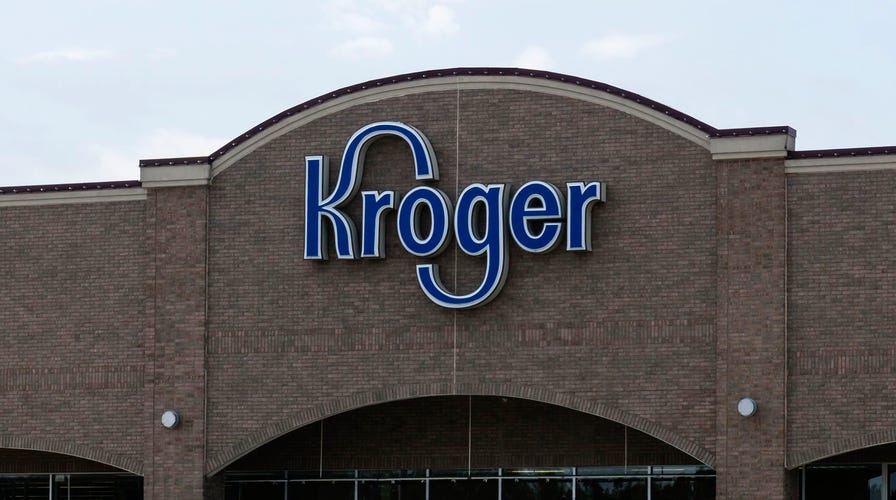Fox News Flash top headlines for March 23
Fox News Flash top headlines are here. Check out what's clicking on Foxnews.com.
Get all the latest news on coronavirus and more delivered daily to your inbox. Sign up here.
Not every business is scaling back amid the coronavirus pandemic.
Kroger, one of the largest supermarket chains in the U.S., has openings for thousands of new hires across its various businesses. This news comes as many other companies in the service industry are scaling back due to the pandemic.
The grocery chain is hiring for over 10,000 positions nationwide, KPRC reports. Based on Kroger's website, the open positions are for a variety of jobs, including retail clerks and night crew members, across several different states.
RESTAURANT CHAINS MODIFY SERVICE AS CORONAVIRUS OUTBREAK CONTINUES
Kroger's CEO, Rodney McMullen, told CNBC's Closing Bell, "We have relationships with several different other industries where they’re directing their people to us. We have a ton of openings."
The company is looking to fill positions at retail stores, warehouses and plants.
The company also announced that it is adjusting store hours at various locations to provide more time to keep the stores "clean, open and stocked," according to a post that appeared on the company's Twitter page.
CLICK HERE TO GET THE FOX NEWS APP
These changes include special windows to allow seniors to exclusively shop at the stores, usually giving them an extra hour before the market opens fully to the public. According to Kroger's website, however, this is not being implemented at all locations.
FOLLOW US ON FACEBOOK FOR MORE FOX LIFESTYLE NEWS
Due to the coronavirus pandemic, reports of long lines and empty shelves at grocery stores have been appearing across the country. Items like bread, toilet paper, pasta and hand sanitizer have been in high-demand. The Food and Drug Administration, however, has said there is no nationwide shortage of food at the present time.
"There are no nationwide shortages of food, although in some cases the inventory of certain foods at your grocery store might be temporarily low before stores can restock," the FDA confirmed. "Food production and manufacturing are widely dispersed throughout the U.S. and there are currently no wide-spread disruptions reported in the supply chain."





















